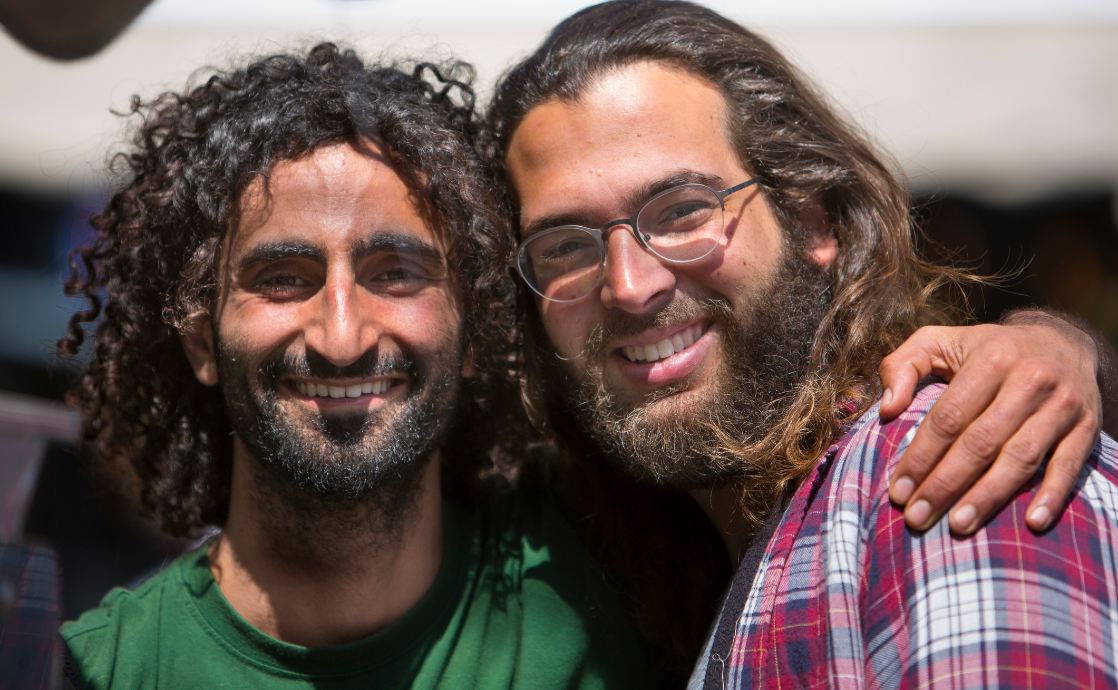The Bahá’í Faith, a relatively nascent world religion, emanates a profound understanding of unity and diversity that resonates deeply with individuals struggling against the shackles of religious prejudice. The journey from prejudice to understanding is often arduous, marked by introspection, education, and a commitment to a more inclusive worldview. This article explores how the teachings of the Bahá’í Faith can serve as an illuminating beacon, guiding people through the complex labyrinth of prejudicial beliefs towards a panorama of acceptance and harmony.
Religious prejudice manifests in myriad forms, often stemming from deep-seated fears, misperceptions, or cultural biases perpetuated through generations. These prejudices can lead to divisiveness, intolerance, and, in severe cases, conflict. A prevalent observation within the tapestry of human society is the inclination to categorize and compartmentalize religious beliefs, often leading to an us-versus-them mentality. However, the Bahá’í teachings advocate for an appreciation of the underlying unity among all religions, positing that each faith, while distinct, contributes to a singular divine purpose.
At the heart of Bahá’í doctrine lies the principle of the oneness of humanity—an essential assertion that challenges the narrative of religious exclusivity. It emphasizes that all humans, irrespective of their religious affiliations, share a common origin. This radical notion of unity counters the vicious cycle of prejudice by fostering empathy. For those grappling with their preconceived notions about others’ religious beliefs, embracing this tenet can precipitate a transformative shift in perspective, where individuals begin to see others as fellow travelers on a shared journey rather than as adversaries in a clash of civilizations.
Another salient aspect of Bahá’í teaching pertains to the concept of the essential harmony of science and religion. This principle reaffirms the idea that religious truths and scientific inquiry are not antithetical but rather complementary avenues leading towards a more profound understanding of existence. This perspective encourages individuals to engage critically with their beliefs, nurturing a quest for truth that transcends dogma. By promoting rational discourse and analytical thinking, the Bahá’í Faith equips adherents with tools to dismantle prejudiced ideologies that often thrive in the absence of critical examination.
Furthermore, the Bahá’í Faith underscores the importance of education in combating ignorance—the root cause of prejudice. By prioritizing universal education, Bahá’ís advocate for the elucidation of truths that often remain obscured by misinformation. Education fosters awareness and cultivates a culture of respect and understanding among diverse religious groups. In a world rife with discord, the emphasis on educating individuals about the sacred teachings and practices of various faiths can facilitate greater tolerance and appreciation of diversity.
Consequently, the practice of deepening—a central Bahá’í principle—serves as an avenue for individuals to explore their beliefs more profoundly while simultaneously engaging with those of others. This ongoing process of reflection encourages individuals to not only confront their biases but also embrace the richness that comes from engaging with differing perspectives. The act of deepening fosters a sense of interconnectedness, allowing adherents to appreciate the wisdom encapsulated within various religious traditions, thereby eroding the foundations of prejudice.
A personalized engagement with the Bahá’í teachings often illuminates the profound connectivity of humanity. For many who experience a transformation through these teachings, there lies a particular resonance in the recognition that the divine essence permeates all beings. This foundational belief in the intrinsic dignity of every person can inspire individuals to foster compassion and understanding, making it possible to transcend layers of prejudice formed by historical and cultural upheavals.
Moreover, the Bahá’í commitment to social action provides a practical framework through which individuals can actively participate in dismantling the systemic barriers that perpetuate religious prejudice. Through community service, advocacy, and collaborative efforts, Bahá’ís engage in projects that promote equity and justice, thus embodying the ideals of oneness and collective progress. This proactive approach not only addresses the symptoms of prejudice but also undertakes the root causes by fostering environments where all individuals can flourish, irrespective of their religious identities.
Engaging with the Bahá’í teachings offers individuals a pathway to unearth the motivations behind their prejudicial beliefs. Often, a lack of exposure and understanding breeds intolerance; thus, through the lens of Bahá’í principles, one can navigate the complexities inherent in human experiences. The faith encourages followers to reflect upon their narratives, challenge preconceived notions, and embark on a shared journey of enlightenment, allowing for a transformative experience that nurtures inclusivity.
In conclusion, the Bahá’í Faith serves as a catalyst for individuals seeking to overcome religious prejudice by promoting the principles of unity, the harmony of science and religion, the imperative of education, the practice of deepening, and a commitment to social action. By expounding these tenets, the Bahá’í teachings provide profound insights that illuminate the path towards understanding, acceptance, and the dissolution of the ingrained biases that have historically divided humanity. Ultimately, the embrace of these teachings can transform personal convictions and contribute to a collective movement towards a more inclusive and harmonious global society.
